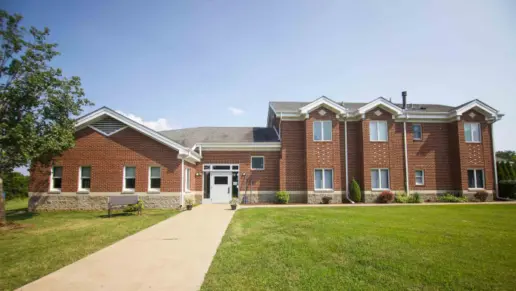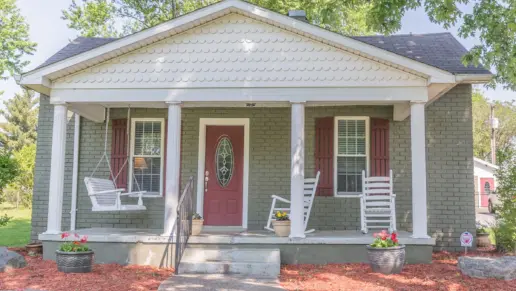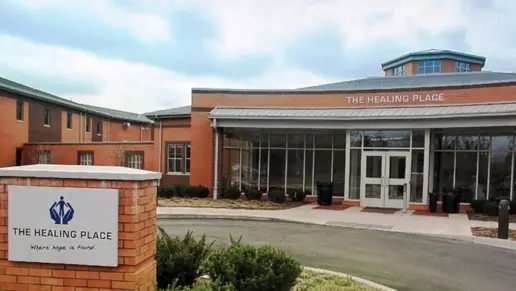I was in this program in 2013 and even though it was not an immediate cure the people there gave you a wonderful start for healing. They were very caring and providing in every aspect.. Even at this late date, not cured but so much better off and grateful for having been the ...
About Cincinnati VA Medical Center-Fort Thomas
The Cincinnati VA Medical Center’s Ft. Thomas Division provides primary care and specialty health services for military personnel, veterans, and their families, including addiction recovery treatment for adults. They offer inpatient treatment, outpatient treatment, and aftercare support. Specialized services are available for adolescents, young adults, seniors, the LGBTQ+ community, homeless and indigent persons, and persons with co-occurring disorders.
Their inpatient treatment program allows clients to begin their recovery journey in a safe, supportive, and medically supervised environment free of distractions and temptations. As you physically remove yourself from addictive substances, you’ll engage in services to better understand the psychological aspect of your condition. This may include rehabilitation, health maintenance services, and engagement with community support groups. A multi-disciplinary team of providers will work with you to assess your needs, progress, and recovery goals. Then, they’ll create a customized treatment plan that may include individual and group therapy, addiction education, relapse prevention and life skills training, medication management, and similar services.
If you’re ready to transition out of inpatient care or don’t require as intensive of a program, you can participate in outpatient services. These may be the same services as inpatient treatment, but clients can attend them while living at home and tending to personal and professional responsibilities.
Their aftercare program may include connections to local, community-based providers that can offer long-term recovery support, such as peer support groups, health and wellness services, and vocational training.
In addition to military benefits, they may accept most major insurance plans. Contact your provider to check your coverage because out of network benefits can vary. Financial assistance is available.
Rehab Score
Gallery
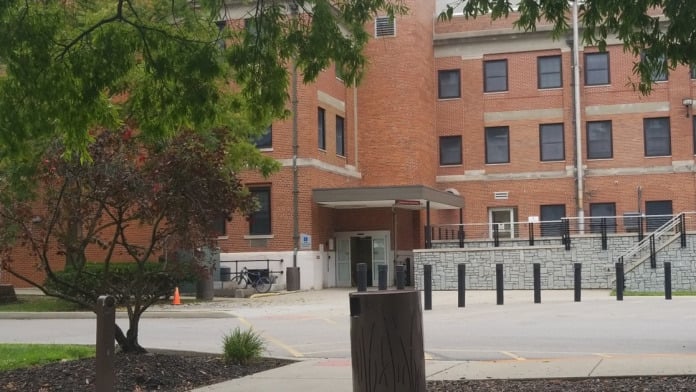
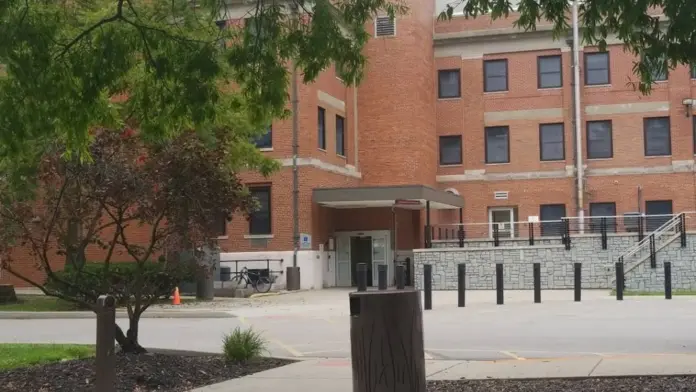
Location
Other Forms of Payment
Private insurance refers to any kind of healthcare coverage that isn't from the state or federal government. This includes individual and family plans offered by an employer or purchased from the Insurance Marketplace. Every plan will have different requirements and out of pocket costs so be sure to get the full details before you start treatment.
Self-pay involves paying for treatment out of your own pocket. You can use savings or credit, get a personal loan, or receive help from family and friends to fund your treatment. If you don't have insurance or your insurance plan doesn't cover a specific program, self-pay can help ensure you still get the care you need.
Financial aid can take many forms. Centers may have grants or scholarships available to clients who meet eligibility requirements. Programs that receive SAMHSA grants may have financial aid available for those who need treatment as well. Grants and scholarships can help you pai for treatment without having to repay.
Military members, veterans, and eligible dependents have access to specific insurance programs that help them get the care they need. TRICARE and VA insurance can help you access low cost or no cost addiction and mental health treatment. Programs that accept military insurance often have targeted treatment focused on the unique challenges military members, veterans, and their families face.
Addiction Treatments
Levels of Care
Treatments
The goal of treatment for alcoholism is abstinence. Those with poor social support, poor motivation, or psychiatric disorders tend to relapse within a few years of treatment. For these people, success is measured by longer periods of abstinence, reduced use of alcohol, better health, and improved social functioning. Recovery and Maintenance are usually based on 12 step programs and AA meetings.
Drug rehab in Kentucky often starts with detox, then includes inpatient or outpatient treatment, and continues with aftercare support. Specific methods used during each of these phases varies, but often include individual and group counseling, medication, and recreational therapies.
The Intensive Dual Diagnosis Treatment program provides outpatient services to Veterans who suffer from co-occurring substance use and serious psychiatric disorders. Group and individual therapy are provided, including insight-oriented therapy, supportive therapy, skill-building, and trauma work. Particular focus is on a multidisciplinary team approach to treatment.
A combined mental health and substance abuse rehab has the staff and resources available to handle individuals with both mental health and substance abuse issues. It can be challenging to determine where a specific symptom stems from (a mental health issue or an issue related to substance abuse), so mental health and substance abuse professionals are helpful in detangling symptoms and keeping treatment on track.
Opioid rehabs specialize in supporting those recovering from opioid addiction. They treat those suffering from addiction to illegal opioids like heroin, as well as prescription drugs like oxycodone. These centers typically combine both physical as well as mental and emotional support to help stop addiction. Physical support often includes medical detox and subsequent medical support (including medication), and mental support includes in-depth therapy to address the underlying causes of addiction.
Programs




Clinical Services
Cognitive Behavioral Therapy (CBT) is a therapy modality that focuses on the relationship between one's thoughts, feelings, and behaviors. It is used to establish and allow for healthy responses to thoughts and feelings (instead of unhealthy responses, like using drugs or alcohol). CBT has been proven effective for recovering addicts of all kinds, and is used to strengthen a patient's own self-awareness and ability to self-regulate. CBT allows individuals to monitor their own emotional state, become more adept at communicating with others, and manage stress without needing to engage in substance abuse.
Dialectical Behavior Therapy (DBT) is a modified form of Cognitive Behavioral Therapy (CBT), a treatment designed to help people understand and ultimately affect the relationship between their thoughts, feelings, and behaviors. DBT is often used for individuals who struggle with self-harm behaviors, such as self-mutilation (cutting) and suicidal thoughts, urges, or attempts. It has been proven clinically effective for those who struggle with out-of-control emotions and mental health illnesses like Borderline Personality Disorder.
Equine therapy, aka equine-assisted therapy (EAT), is a form of experiential therapy that involves interactions and activities with horses. It does not necessarily involve riding horses, but all activities related to horses, such as feeding, grooming, haltering and leading them. A mental health professional frequently oversees the activities (often in conjunction with a horse professional), and helps patients process their thoughts, feelings, and behavior patterns during and/or after the interaction.
Men and women in Kentucky participating in group therapy learn to express their feelings and struggles with drug addiction in a non judgmental atmosphere. Your peers can offer you empathy and encouragement because they understand your journey to recovery. This fosters a sense of community and belonging that may extend far after group therapy sessions.
In individual therapy, a patient meets one-on-one with a trained psychologist or counselor. Therapy is a pivotal part of effective substance abuse treatment, as it often covers root causes of addiction, including challenges faced by the patient in their social, family, and work/school life.
Motivational Interviewing (MI) is a clinical approach to helping people with substance abuse issues and other conditions shift behavior in positive ways. It is more goal-oriented than traditional psychotherapy, as MI counselors directly attempt to get clients to consider making behavioral change (rather than wait for them to come to conclusions themselves). Its primary purpose is to resolve ambivalence and help clients become able to make healthy choices freely.
The Residential PTSD programs are comprised of 2 intensive 7-week programs for male and female Veterans and an intensive 8-week program for Veterans with both PTSD and traumatic brain injury (TBI). Each program provides assessment and brief treatment of PTSD. The trauma is addressed using Cognitive Processing Therapy in individual and group sessions. Additional therapy groups include Anger Management, Relaxation Skill Training, Assertiveness Training, Distress Tolerance, Communication Training, Sleep Management, and Health Issues.
Whether a marriage or other committed relationship, an intimate partnership is one of the most important aspects of a person's life. Drug and alcohol addiction affects both members of a couple in deep and meaningful ways, as does rehab and recovery. Couples therapy and other couples-focused treatment programs are significant parts of exploring triggers of addiction, as well as learning how to build healthy patterns to support ongoing sobriety.
Research clearly demonstrates that recovery is far more successful and sustainable when loved ones like family members participate in rehab and substance abuse treatment. Genetic factors may be at play when it comes to drug and alcohol addiction, as well as mental health issues. Family dynamics often play a critical role in addiction triggers, and if properly educated, family members can be a strong source of support when it comes to rehabilitation.
The Cincinnati VA Medical Center’s Community Employment Services provides information, pre-employment assessment and workforce re-entry planning services, linkage, and coordination for VA and non-VA services, and community based follow-up services to integrate Veterans into the community through competitive employment. The Compensated Work Therapy program (CWT) provides vocational opportunities for Veterans seeking employment.
Nutrition and Food Services (NFS) provides counseling services for outpatient veterans for the Cincinnati and Fort Thomas Divisions and the Community Based Outpatient Clinics. NFS also provides healthy meals for Veterans admitted to the Medical Center. Nutrition Counseling for all medical conditions: Move weight control programs, Diabetes, Hypertension, Heart Disease and etc.
Creative Arts Therapy provides activity based resident-centered programming that integrates function, quality, and meaning to one's life to maintain or improve functional independence and enhancement of physical, cognitive, emotional, social and leisure development
The Treatment Recovery and Activity Center (TRAC) program focuses on Veterans’ Strengths Needs Abilities and Preferences and is considered the last link between the hospital and the community. The program can help Veterans cope with mental illness, deal with activities of daily living, adjust to life’s challenges, develop the skills to live life to the fullest, and avoid hospitalization.
All Veterans referred to the tobacco treatment center receive a comprehensive individualized assessment, which includes a clinical interview, CO monitoring, and a blood pressure screening. Tobacco treatment intervention options include medications, classes, and individual counseling. Tobacco treatment classes occur at different times during the day and evening at the main hospital and CBOCs.
Amenities
-
Yoga Studio
Staff & Accreditations
Staff
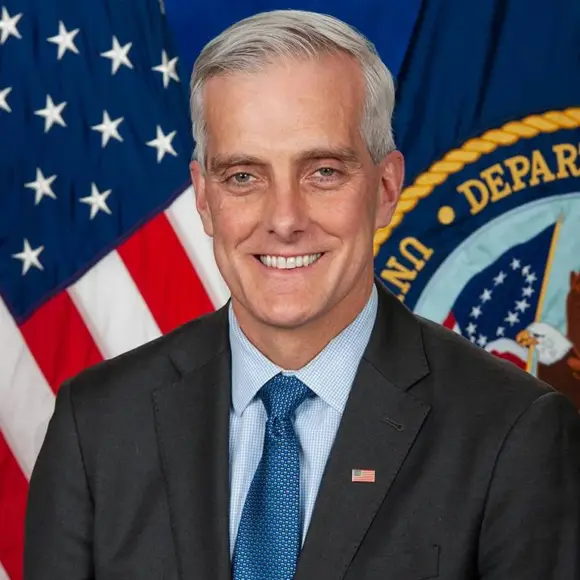
Secretary of Veterans Affairs
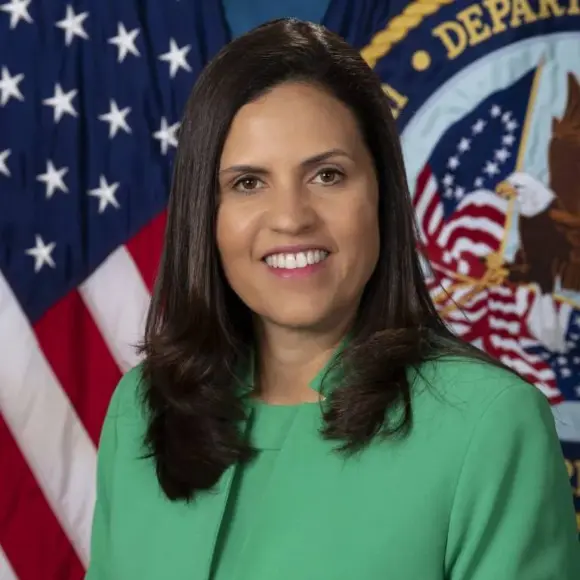
Deputy Secretary of Veterans Affairs
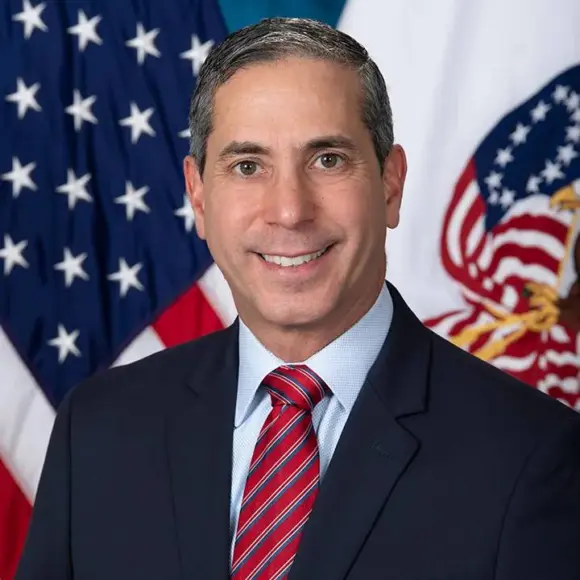
Chairman of the Board
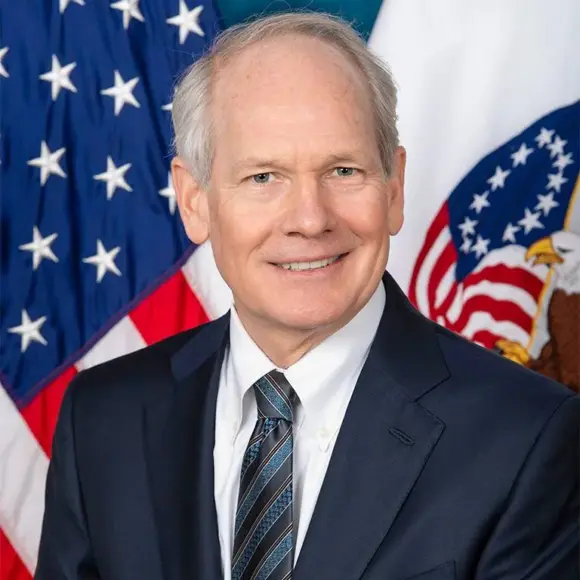
Assistant Secretary for Information & Technology & CIO
Accreditations

The Commission on Accreditation of Rehabilitation Facilities (CARF) is a non-profit organization that specifically accredits rehab organizations. Founded in 1966, CARF's, mission is to help service providers like rehab facilities maintain high standards of care.
CARF Accreditation: Yes

The Joint Commission, formerly known as JCAHO, is a nonprofit organization that accredits rehab organizations and programs. Founded in 1951, the Joint Commision's mission is to improve the quality of patient care and demonstrating the quality of patient care.
Joint Commission Accreditation: Yes
Contact Information
1000 South Ft. Thomas Avenue
Fort Thomas, KY 41075
